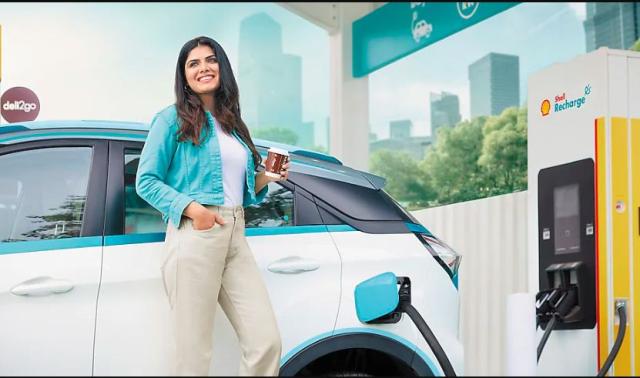A news report from Reuters has revealed the list of EV (electric vehicle) makers which have revised their production targets and investment strategies due to slowdown in demand.
Automakers are reconsidering their electrification goals though the EV industry grew 20 percent in the first half of 2024.
Recent IEA estimates indicate EV sales in 2020 will surpass EV sales achieved in 2023 by more than 20 percent. EVs will grab more than one-fifth share in total car sales.
Toyota
Toyota, the world’s largest automaker, has cut its 2026 EV production target by a third. Toyota is aiming for 1 million against the previous target of 1.5 million EVs, citing weaker demand. The company clarified that these figures were benchmarks, not strict targets. Toyota is still pursuing long-term goal of producing 3.5 million EVs by 2030.
Volvo Cars
Volvo Cars has dropped its earlier plan to become a fully electric automaker by 2030. The automaker now expects to continue offering hybrid models by that time, with 90-100 percent of sales comprising pure EVs or plug-in hybrids, while a small portion will consist of mild hybrids.
Volkswagen
Volkswagen, Europe’s largest automaker, has held firm on its 2030 target for 70 percent of European sales and 50 percent of U.S. and China sales to be EVs. However, the company acknowledged in August that its plans to build EV battery factories could be adjusted based on market demand.
Ford
Ford has scaled back its capital investment in EVs in August, reducing the allocation from 40 percent to 30 percent. The company also canceled a planned electric SUV and postponed the launch of an electric version of its popular pickup truck, signaling an increased focus on hybrid models.
Porsche
In July, Porsche expressed uncertainty about achieving its 80 percent all-electric sales target by 2030, stating that it would depend on future demand. The luxury brand continues to monitor developments in the EV sector.
Renault
Renault modified its plans in 2022, pushing back its goal for 100 percent EV sales by 2030. CEO Fabrice Cambolive indicated a dual strategy of producing both EVs and combustion-engine vehicles well into the next decade.
General Motors
General Motors revised its EV production forecast for 2024 and refrained from reiterating its goal of producing 1 million EVs in North America by the end of 2025.
Mercedes-Benz
In February, Mercedes-Benz postponed its goal of having EVs account for 50 percent of sales to 2030, five years later than initially planned. The company has also delayed its battery cell capacity expansion due to tepid demand.
Bentley Motors
Bentley has adjusted its goal of having an all-electric lineup by 2030, acknowledging that hybrids would likely remain part of its offerings.
Aston Martin
Aston Martin delayed the launch of its first EV in February, citing low demand.
IEA earlier said new markets may open up rapidly as automakers expand their EV operations and new entrants compete for market share. This could lead to accelerated growth in electric car sales globally, surpassing the initial estimations.

